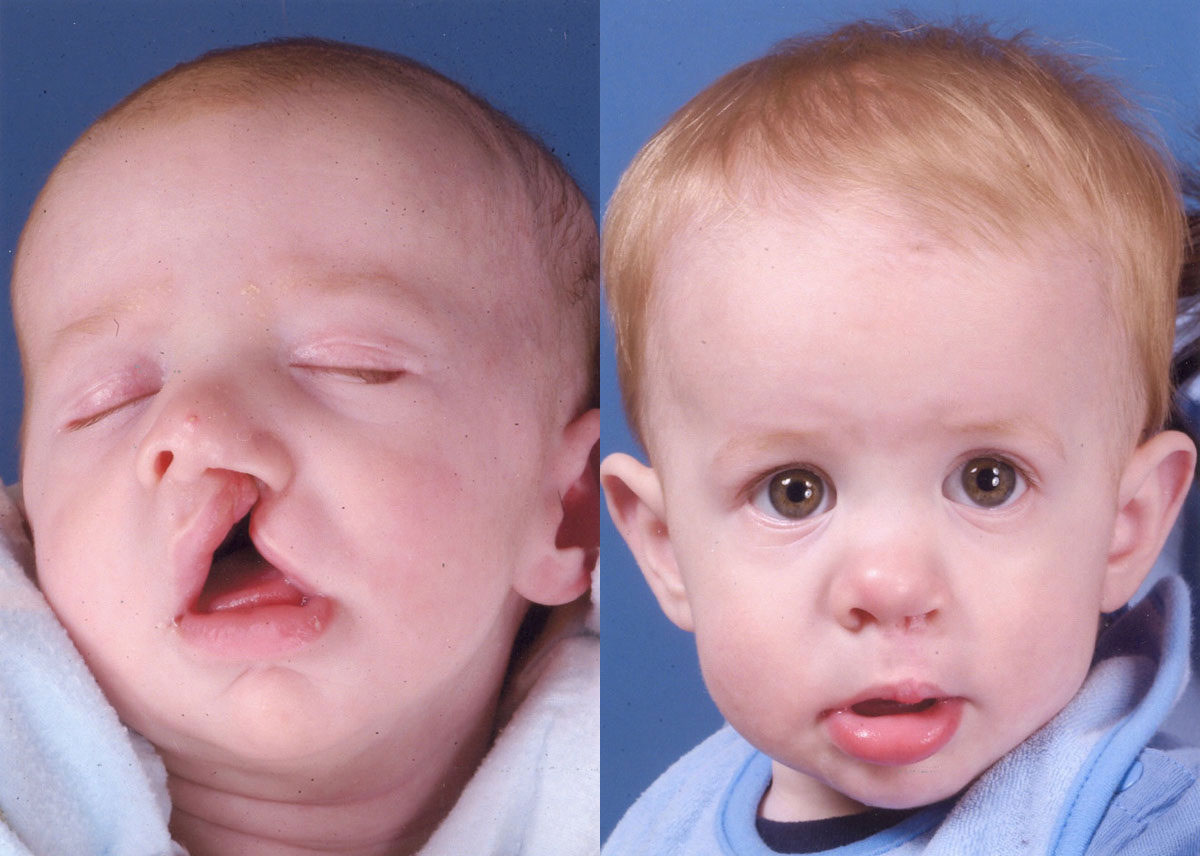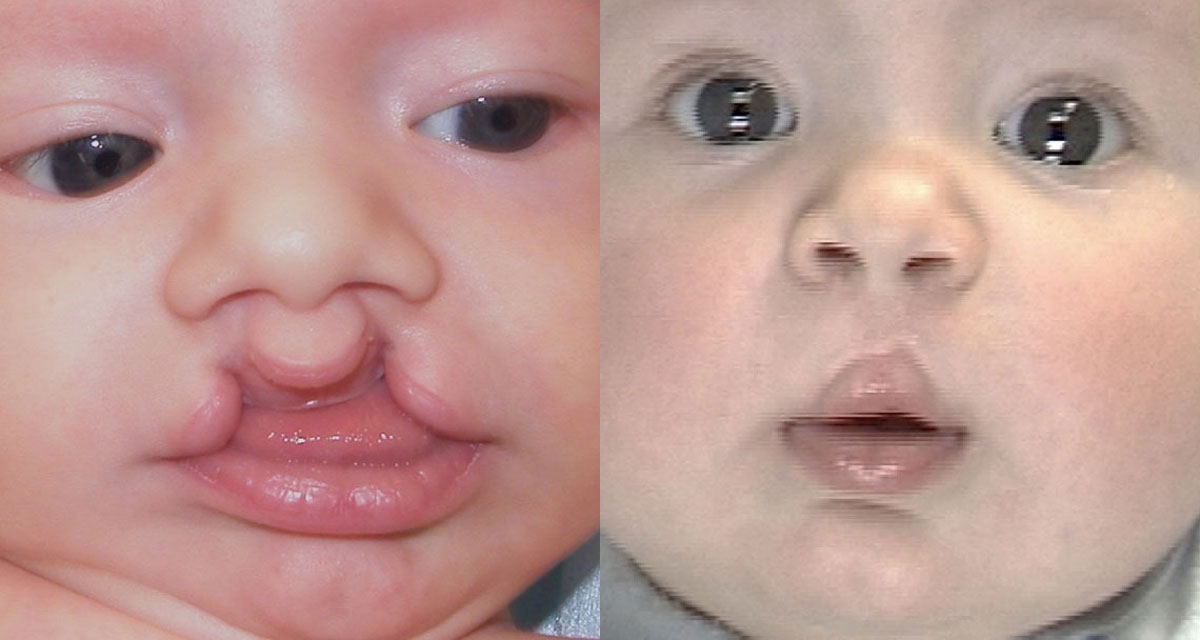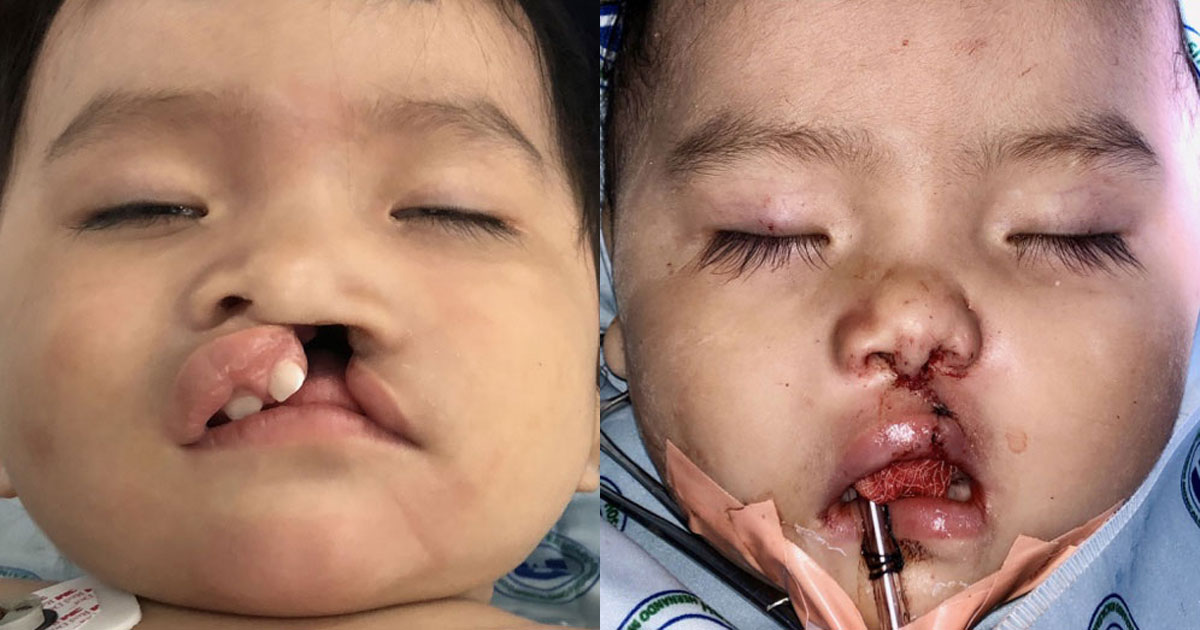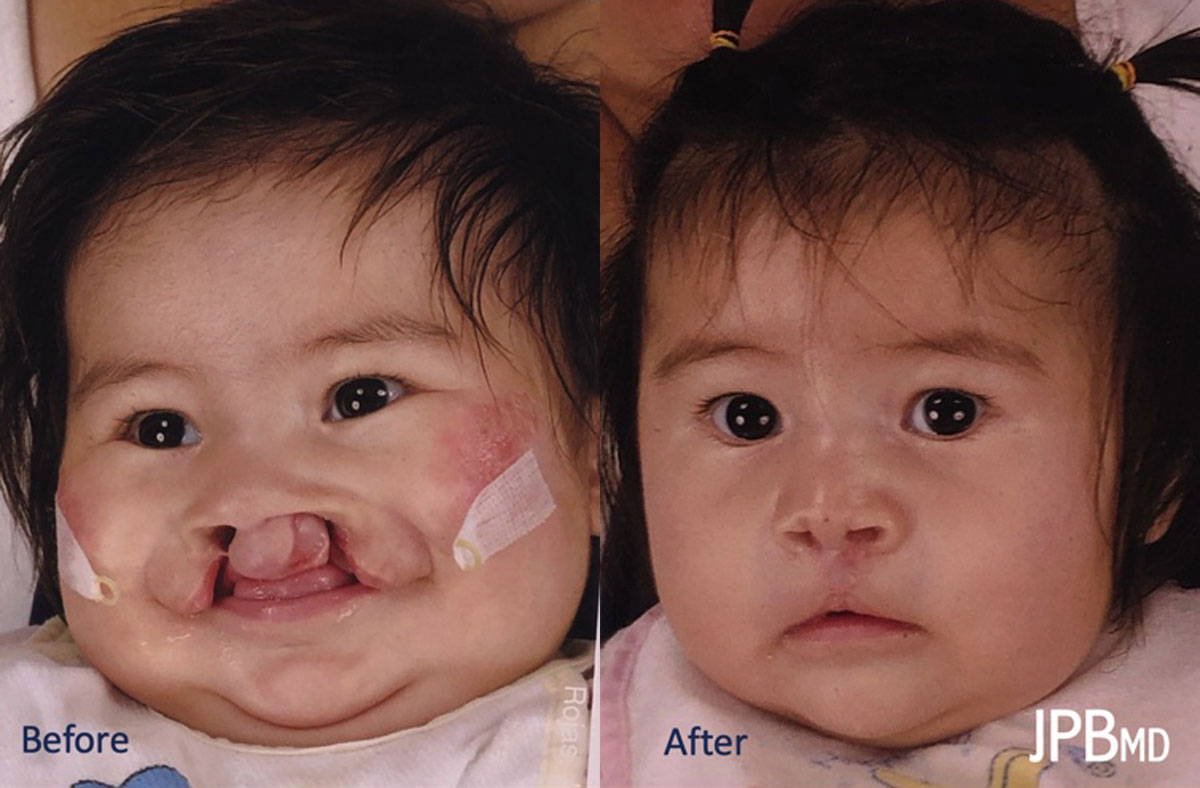Conveniently located to serve New York City, Queens, Bronx, Brooklyn, Long Island
VPI, or velopharygeal incompetency, may develop in cleft patients and be noticed when normal speech sounds cannot be made. A speech therapist can help during speech development, but at times a surgical procedure may be necessary to correct VPI. A screening test (nasoendoscopy) may be needed and Dr. Bradley will tailor your procedure based on the test results.
What Causes VPI?
There are several potential causes of VPI, and understanding these causes is vital when it is time to address them.
Cleft palate – Considered to be the most frequent cause of VPI, a cleft palate is where the patient’s lip is split due to poorly developed tissue. Up to 40% of children who have this condition will have VPI, thus necessitating repair.
Velar dysplasia – Right at the back of the mouth is a soft area called the velum. The velum may experience abnormal growth, a condition known as velar dysplasia. This can be a cause of velopharyngeal incompetency.
Cervical anomalies in the spine – Cervical spine anomalies that cause the bones in the area to bend backwards can cause VPI. This is due to the velum not being able to contract, thus resulting in the condition.
Adenoid or tonsil issues – When adenoids become too big, they can be removed using adenoidectomy, which can potentially cause VPI. If the tonsils become enlarged to the point that they start obstructing the patient’s speech capabilities, this can also result in VPI.
Tumor removal – When a tumor is removed from the area, it can sometimes affect velopharyngeal closure, which then leads to velopharygeal incompetency.
VPI Surgery Objectives
- To modify the anatomy of the palatal or throat region to correct for VPI and allow for more normal speech development.
- To ensure that the VPI surgery does not create a problem with breathing at night called obstructive sleep apnea.
Top Browlift State-of-the-Art Techniques

Dr. Bradley works with the speech therapist to determine the anatomic problem. He then will perform either a pharygeoplasty (sphincter tightening) procedure or pharyngeal flap procedure to allow for proper closure when necessary during speech, but still allow for adequate nasal airflow.
VIP Surgery Frequently Asked Questions
Is VPI surgery always necessary?
No, many times the first palate repair heals well and good speech develops. Other times, VPI surgery is needed because an anatomic problem develops. When VPI occurs and corrective VPI surgery is not performed, frustration with speech therapy is likely.
How do I know which procedure to have?
Dr. Bradley and the speech therapist will discuss your test results and VPI surgery recommendations will be given to you based on the anatomic problem.







